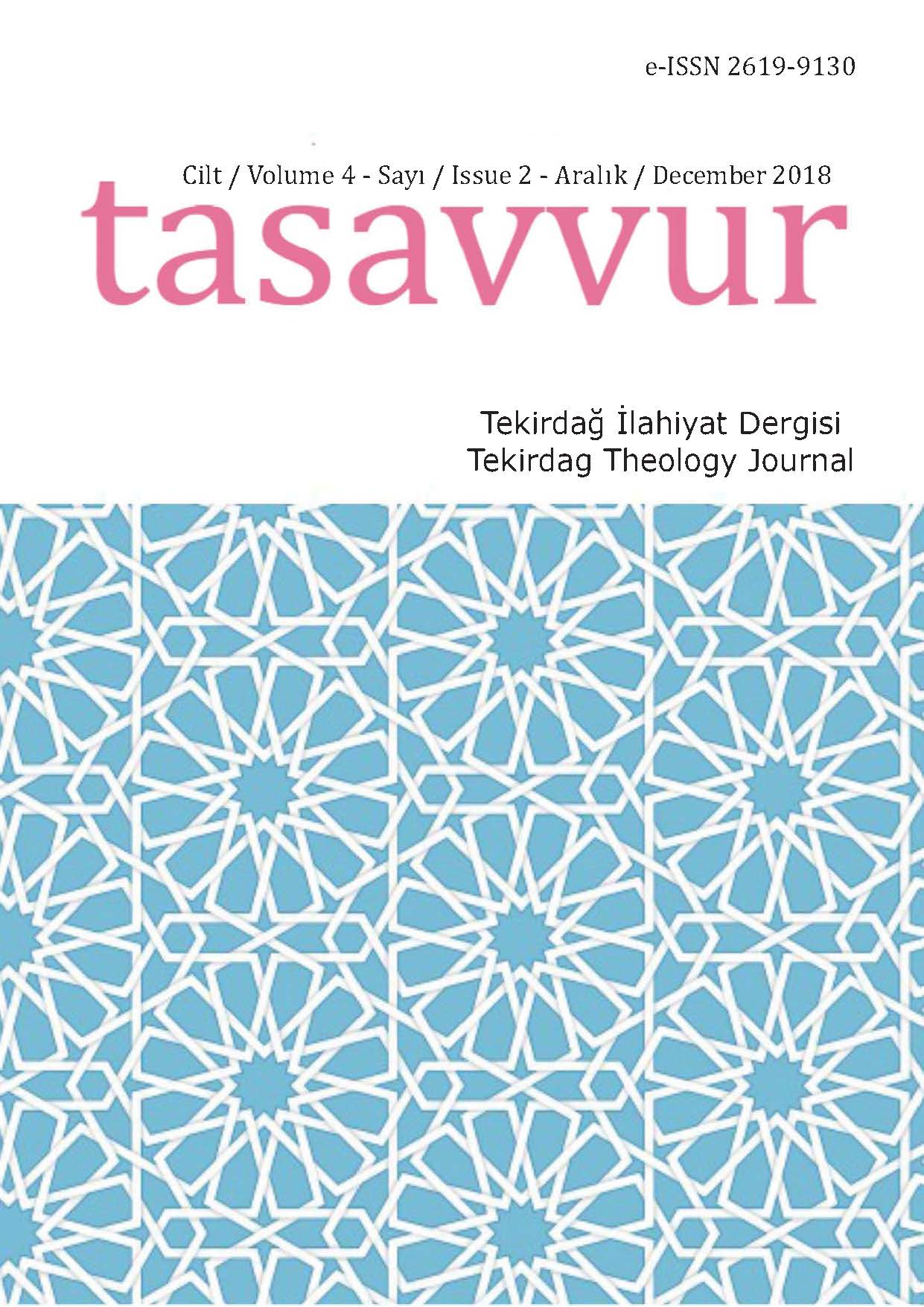Tek Partili Dönem Türkiye’sinde Mûsikî Politikaları: Dini Mûsikî Örneği
Music Policies in Turkish Single-Party Era: Religious Music Example
Author(s): Uğur AlkanSubject(s): Law, Constitution, Jurisprudence, Cultural history, Music, Theology and Religion, Islam studies
Published by: Tekirdağ Namık Kemal Üniversitesi İlahiyat Fakültesi
Keywords: Islamic Monasteries;: Music Revolution; Religious Music;
Summary/Abstract: Upon abolition of the sultanate, proclamation of the Republic, and termi-nation of the seemingly existing caliphate position, the 1921 Constitution was replaced with the 1924 Constitution, which would remain in full force until 1961. It is observed that as a result of all such consecutive developments, the no. 677 Law on Preclusion and Abolition of Lodges, Zawiyahs, Tomb Keepers and Some Titles, which had been presented to the assembly with a bill prepa-red by Refik Koraltan, a member of the parliament from Konya province, along with his friends, accepted in November 30th, 1925 and published in the official gazette in December 13th, 1925, interrupted, in general, the religious Turkish music; and in particular, the music of Mevleviyeh and Bektashism cults -lodge/dervish music- during the production stages, which has been determined to be directly connected with the following problems to be dealt with, and which will constitute the focus of our study. Therefore, our "Music Policies in Turkish Single-party Era: Religious Music Example" titled study, as mentioned above, has been the subject of the research concentrated around especially the no. 677 Law came into force in December 13th, 1925, accepted with a bill, within the scope of transitions paving the way for the proclama-tion of the republic, and legitimacy of various revolutions implemented, and it is important that the effects of the political mobility experienced in our co-untry between 1923 and 1950 during the single-party era on our society, and the extent of such effects on the music life, in particular Turkish religious mu-sic education, culture and art in our country can be observed and evaluated.
Journal: Tasavvur Tekirdağ İlahiyat Dergisi
- Issue Year: 4/2018
- Issue No: 2
- Page Range: 452-469
- Page Count: 18
- Language: Turkish

